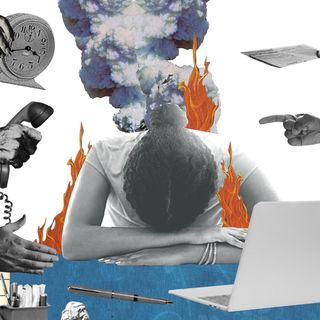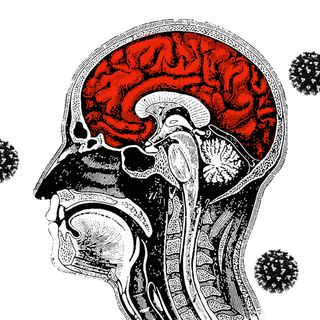The personality trait that leads people to believe they are perpetually being victimized by the harmful actions of others, for no fault of their own — even if evidence suggesting otherwise is presented to them — is called the ‘victim complex,’ or ‘victim mentality’ by psychologists.
While most individuals experience self-pity and powerlessness, especially during difficult times, the feeling is fleeting and temporary. But for a person with victim mentality, feelings of self-pity, helplessness, pessimism and despair are much more common and constant. However, while the victim mentality is a perpetual state of being for some, the feeling of being disempowered can be more intermittent for others — but it does keep coming back.
But, what makes someone susceptible to a victim complex?
Victim mentality is often a result of traumatic experiences, like abuse or a difficult illness, especially which occurs early in an individual’s life, and makes them feel victimized, and not in charge. The emotional pain they experience as a result, in addition to feeling trapped and helpless, can disrupt their sense of control — leading them to resign to the idea that bad things happen to them, and they are helpless on the face of these experiences.
Related on The Swaddle:
The ‘Spotlight Effect’ Is When You Think People Are Noticing Your Flaws More Than They Really Are
Moreover, victim mentality can result from individuals being in codependent relationships: either with their partners, or while growing up in codependent relationships with their caregivers. Being in a codependent relationship often leads individuals to make constant sacrifices for their partner, or depend on them for their happiness — making them feel frustrated, resentful, less in control, and more helpless.
The belief that they are powerless, and bad things beyond their control will continue happening to them, emerges as their coping mechanism to deal with all the curve-balls life throws at them. “Hopes can be smashed and a person can be devastated by such dashing. So, why not just avoid the whole mess altogether by just being a perpetual victim? …[I]f anyone ever offers [them] some options for changing that life, the victim classically comes back with a long list of ‘yes, buts’,” Anne Mathews, a cognitive therapist, wrote in Psychology Today.
Victim mentality can also develop as a learned behavioral trait. While growing up, if an individual noticed their caregivers constantly resort to self-victimization, or if the only way for them to receive their caregivers’ attention and care was through being aggrieved, they often pick up the behavior and carry it into adulthood.
But, because people often develop the victim mentality as a coping mechanism, they are also unwilling to part with it because it acts as their safety blanket. “Life is just harder for [them] than others — [they] doesn’t know why — but it is. [They] may attach all kinds of rationales for that statement, but the truth is that [they] must keep believing that life is hard, or it might just get a whole lot harder,” Mathews explained.
Related on The Swaddle:
Why Some People Over‑Apologize, And Others Never Do
However, the victim mentality also prevents people from taking responsibility for their actions either by placing blame elsewhere, or by somehow justifying their actions. This happens due to their pervasive belief that they’re the persecuted and vulnerable ones — if they’re victims themselves, how can they possibly harm others? Moreover, the victim complex can also make people less empathetic and compassionate to the suffering of others, because they’re too engrossed in their own suffering — possibly mitigating any responsibility they may feel towards others. Over time, the prolonged shirking of responsibility and blaming of others can also imbue a sense of moral superiority in them. Altogether, these prevent them from learning from their mistakes, or working on themselves.
But, in addition to shirking responsibility for their actions, individuals with victim mentality may also sabotage themselves by not even endeavoring to achieve their own goals — not only because they believe people will obstruct them from succeeding, but also because the victim mentality affects their confidence and convinces them they’re not good enough.
However, experts suggest that victim mentality is something that can be overcome with cognitive behavioral therapy that addresses the feelings of pessimism, and the subsequent helplessness, through “learned optimism.” Additionally, through therapy, individuals can also learn to gradually regain their sense of control — sometimes through addressing the traumatic experiences that culminated in the victim mentality, and sometimes by learning to give up the safety blanket and taking some responsibility.




